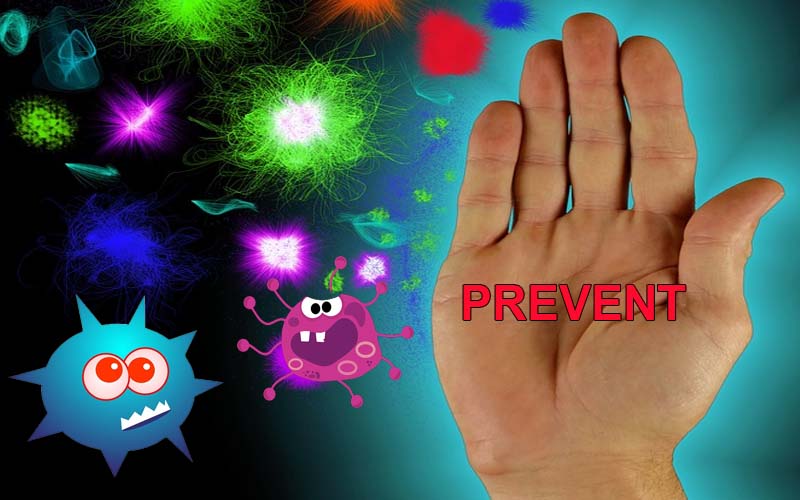The Route to Improve Occupational Wellness
Keep good attitude about work because it is a crucial influence for your occupational development.
Find the benefits and positives in your current job.
Enjoy what you do and do what you enjoy.
Find a work/life balance and avoid over working yourself.
Improve communication and collaboration with others.
Set realistic career goals for yourself, create a plan to reach them, and then start working on your plan.
Create good connections with your co-workers.
Keep in mind that good conflict management is key to achieving an optimal level of occupational wellness.
Maintain occupational wellness if you want to develop unique skills and talents that are both personally and professionally rewarding.
Reflect on yourself and your occupational needs often and try to explore new opportunities that interest you.









